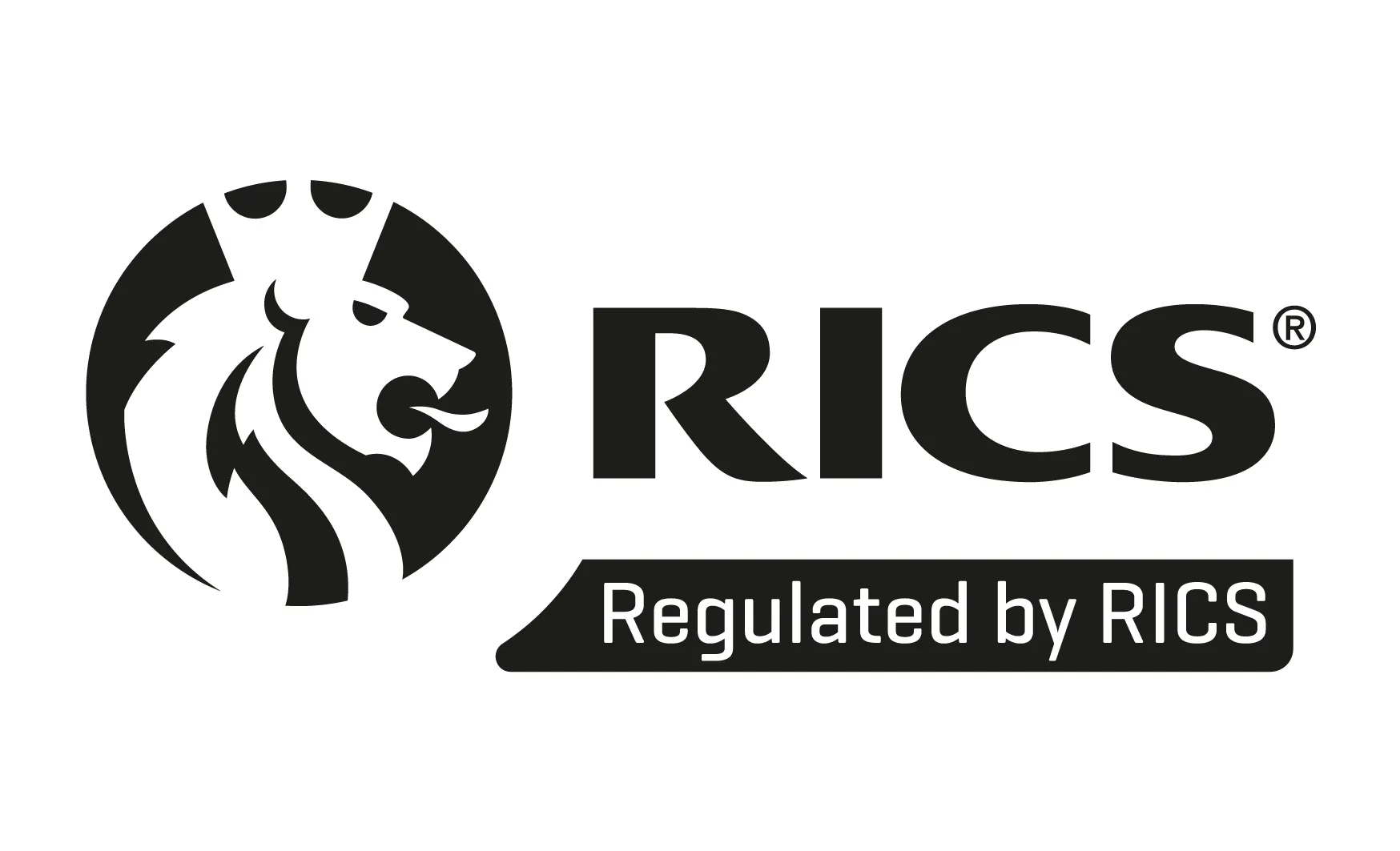Course Content
Residual Valuation Appraisal
Property Yields
Land Value
Profit Appraisal
Gross and Net Development Values
Return on GDV, Cost and Equity
Proforma Development Cash Flow
Inputs:
- Timings: purchase date, works start date, planning, lead in, construction and refurbishment, void period, lease start, sale date
- Revenue: sales proceeds, estimated rental value per sqf, net internal areas, rental growth and target returns
- Development Costs: construction and refurbishment, site purchase and vacant possession value, contingency, professional fees, statutory costs, allowances and rights
- S-Curve vs. Straight Line
Outputs:
- Internal Rate of Return (IRR)
- Net Present Value (NPV)
- Maximum Bidding Price
- Total profit, profit on cost and equity multiple
Financial Viability Testing & Analysis
Data tables & sensitivity analysis
Risk visualisation techniques
Case study: Un-geared office redevelopment in the UK
Development finance
- Debt & Equity Structures
- Senior Debt
- Mezzanine Loan
Geared Cashflow
Debt Types
- Rolled-up interest senior debt
- Equity first capital deployment waterfall
- Debt repayment structures for development finance
Joint-venture structures
- Equity waterfall structure
- Preferred returns
- Promote Cash Flow
Capitalised interest & circularities
Case Study: Geared office redevelopment in the UK
Details
- Current in-place leases, operating expenses – vacancy costs, including rates and empty costs
- Site acquisition including options, pre-development and planning costs
- Equity and debt drawdowns, including mezzanine finance
Construction period
- Development hard and soft costs using S-curve, Straight line and Known curves
- Construction finance drawdowns following an equity-first model
Lease-up and stabilisation period
- New leases with gross and net lease clauses
- Tenant incentives such as rent-free and capital expenditure contributions
- Operating expenses – delayed rates, letting fees, service charges and void costs
Investment options modelling
- Lease re-gearing, hold or sell
- Re-develop, refinance and hold
- Re-develop, stabilise and sell
Sources of funds
- Calculating debt and equity peaks
- Modelling the debt repayment waterfall
- Calculating total cost of debt (interest and fees)
Carried Interest / Promote Structures
- Profit shares and preferred equity returns
- Equity returns based on different IRR tiers
Risk modelling and presentation
- Sensitivity analysis (2-way data tables)
- Scenario analysis
- Financial ratios: IRR, NPV, Residual Land Value, Profit on Cost, Profit on GDV, Equity Multiple





















